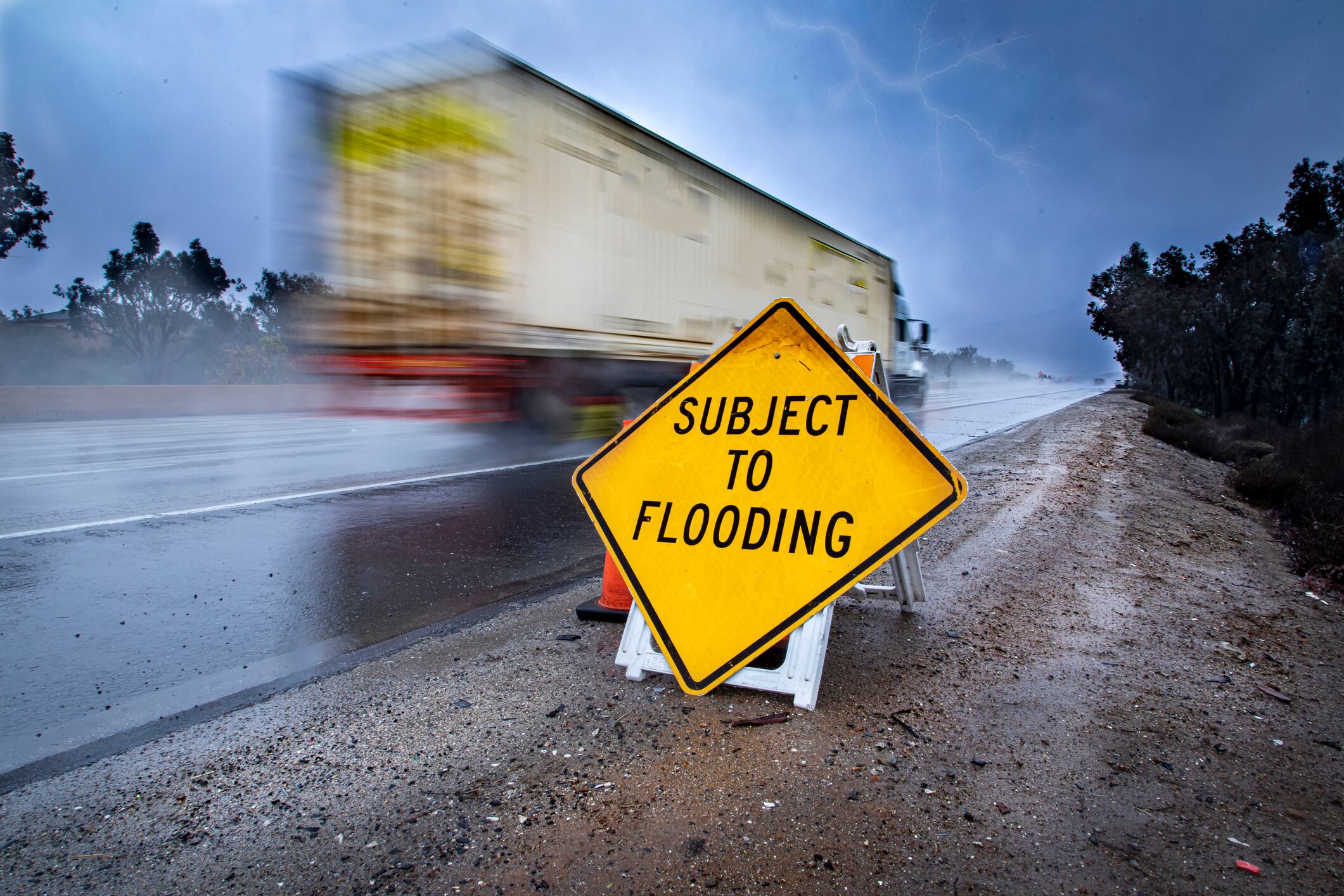With the number of extreme weather events up 9% in the past year (40,000), Inverto called on food business operators to build resilient supply chains to mitigate their impact.
As climate change continues to alter global weather patterns, food prices are likely to become more volatile. Businesses need to ensure they have transparency around where their products are coming from so they plan around any threat of disruption.
Shock to supplies
Katharina Erfort, principal at Inverto, said: “Weather events affecting one area that is a significant grower can quickly result in a shock to global supplies – this will cause prices to surge and impact the availability of products.”
“Businesses need to build resilient supply chains to ensure they can mitigate the impact of extreme weather events. Businesses should ensure that their suppliers are in a good position to meet their procurement needs and make sure that they have alternatives already lined up in case they can’t.”
The UK has already experienced several instances of stock running out on shelves thanks to extreme weather impacting crops grown in Spain and these instances are likely to get worse as times goes on. Closer to home, the UK experienced its driest February in 30 years, while July was the wettest on record.
Extreme weather on the rise
Extreme weather events such as large hail, severe wind and heavy rain have increased 64% in the past five years alone – from 24,169 in 2017/18 to 39,655.
Inverto advised businesses to invest in a strong risk identification and management system to allow them to identify where food supplies could impact pricing, supply reliability and quality.
Businesses should also make sure that they have the ability to quickly adjust their supply sources in response to supply disruptions and market changes. They can also look to identify and invest in alternative regions for supply, which would be in a position to pick up demand when current supplies are affected by weather.
Meanwhile, this exclusive column from Provision Trade Federation director general Rod Addy tackles global warming and the food and drink industry’s place in the climate change debate.





